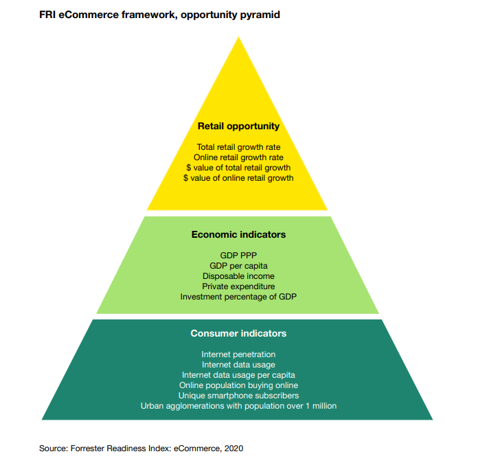
Toshi Sasaki | Getty Images
As the coronavirus pandemic paralyzes the country, some companies need billions of dollars to pay the bills.
The country’s largest investment banks say they’re ready and willing to give it to them. That means the biggest corporate pain won’t be felt from a short-term squeeze. It will likely come later.
Leveraged-finance bankers who spoke to CNBC from some of the largest Wall Street banks say stress tests and the capital requirements imposed on them by the Dodd-Frank Act in the fallout of the Great Recession put in place a cash cushion that prepares them well for the massive amount of liquidity companies will soon demand.
Bankruptcy bankers, meantime, expect the bigger carnage to come later, after the impact has been fully absorbed.
The most imminent problem is for travel, leisure and hospitality companies. Airlines and cruises, in particular, have seen their bookings dry up but not the costs of managing and owning their equipment.
Carnival’s Princess Cruises on Thursday announced it is suspending operations for two months and will allow its guests with bookings a free refund. United Airlines on Tuesday reported a 70% drop in domestic demand and said it expects to cut May flights by 20% from its original plan.
Already, some companies have begun to tap the well.
Boeing plans to draw down the full amount of a $13.8 billion loan. Wynn Resorts plans to draw down a portion of its $850 million revolving credit line, according to Bloomberg. Hilton Worldwide Holdings is planning to draw down the remaining amount under a $1.75 billion revolving credit line, according to a regulatory filing Wednesday.
Bankers say to expect more such moves in the travel, leisure and energy industries, all of which are facing pressure. There may also be requests from those who supply the airline companies, as they see their own demand dry up.
Notably, General Electric, one of Boeing’s biggest suppliers, has a $35 billion revolving facility, according to its latest regulatory documents.
But bankers who spoke to CNBC said they are not concerned about companies overdrawing the well from the country’s largest banks.
“This is not a financial crisis,” Citigroup CEO Michael Corbat said Wednesday during a meeting at the White House.
“The banks and the financial system are in strong shape and we are here to help.”
Beyond the cash cushion they’ve established for themselves, bankers note that, so far, the credit requests are largely limited to the travel, hospitality and energy industries.
And there are other sources of capital, such as private equity, that continue to wait in the wings. They may offer their liquidity in cash infusions known as private investments in public equity. Private equity firm Silver Lake on Monday struck a deal with Twitter that included a $1 billion investment in the company.
And in times of financial strain, suppliers that have the power to put the squeeze on a struggling company are more willing to offer flexible financial terms than let everything come toppling down at once.
The government, meantime, has weighed its own intervention to help the travel and energy industries. The airline industry, in particular, is considered by bankers and politicians alike a critical U.S. industry.
For some, the pain may come later
But even if companies can get past the short-term cash crunch, for some, the true pain may be months away, said some of the bankers. As the pandemic rattles supply chains and keeps consumers and workers at home, America’s weakest companies may not be able to withstand the shock.
For them, it won’t be a cash crunch propelled by falling markets or suddenly canceled trips. Instead, it will be the final straw.
“There are, without a doubt, businesses that are in trouble. And the place to look is [at] what businesses were already struggling, and are just not in a good position to absorb the pain,” said David Garfield, managing partner at consulting firm AlixPartners.
Most vulnerable are oil and gas companies, which have already been battling the pressure of depressed oil prices. Last year, 42 oil and gas producers went into bankruptcy, according to law firm Haynes & Boone. Industry bankers and experts say to expect more. Oil prices on Monday plunged 24%, marking the worst day since 1991.
“Those businesses were already very stressed. Now you have their toplines being slashed based on the cut in oil prices,” said Garfield.
Some consumer companies, such as auto-parts makers or toy companies, may struggle to wean themselves off a Chinese supply chain. Both are already under pressure. The auto-parts industry is battling slowing automotive sales. The toy industry has been scrambling since the liquidation of Toys R Us. Mattel’s bonds are trading as junk.
If Americans forgo the mall entirely, already ailing retailers may not be able to withstand the loss.
“This is exposing weaknesses in the market — to the extent it is in the market — and it’s going to let those shake out,” said Christa Hart, senior managing director at F.T.I. Consulting.

